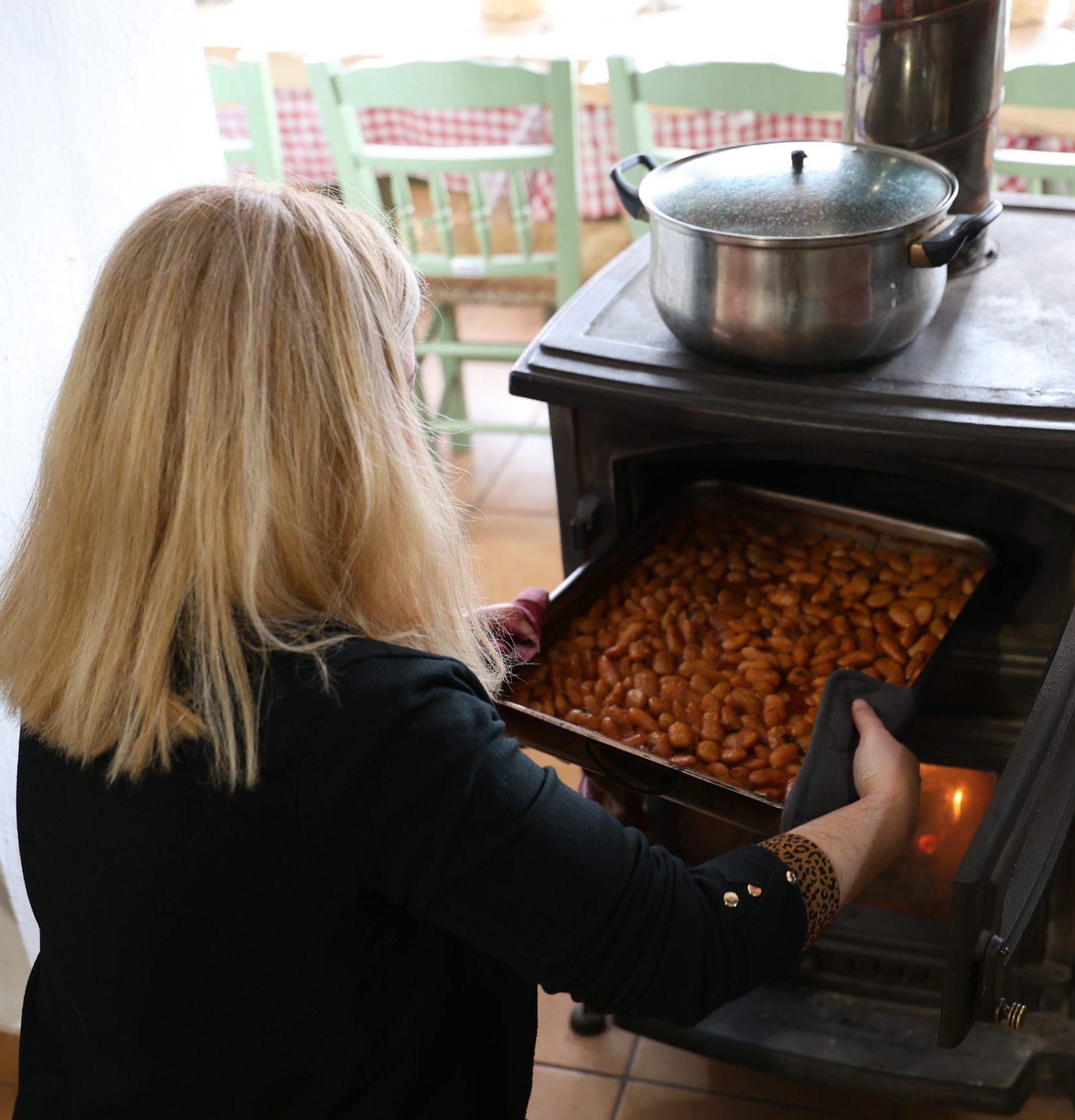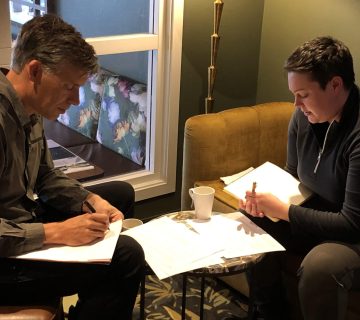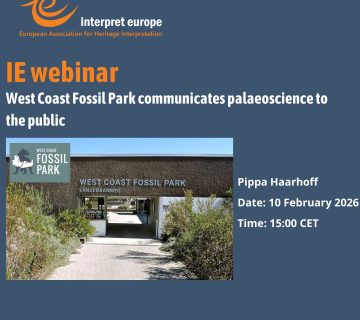Learning to see beyond the view and unravel the potential advantages of a well-structured interpretation plan of Zagori cultural landscape.
In March 2025 an Interpret Europe course took place in the city of Ioannina, in the region of Epirus, northwestern Greece. It was part of IE’s Learning Landscape initiative (LLI) which, in Greece, is implemented through the project ‘Learning Aspects of the Zagori Cultural Lanscape’, under the coordination of the Mediterranean Institute for Nature and Anthropos (MedINA). The Zagori region has a cultural landscape which offers a multi-layered learning experience due to its traditional architecture, cultural history and natural ecosystems.
The workshop combined a theoretical and practical part which took place in Its Kale, an inner fortress of the old town of Ioanina city.
Τhe course brought together an extraordinary mosaic of participants of different occupations and education, such as biologists, mountain summits, architects-conservators of art, nature pedagogues, cultural heritage consultants, librarians, hoteliers, geographers, physical education teachers, ecotuners, cultural ecologists, environmental education specialists, theatre educators-outdoor pedagogues, historians- archaeologists, National Parks curators and tour guides. Under the excellent guidance of the trainer, these people created original interpretation plans and presented them in front of an audience with whom the participants had a fertile discussion. The workshop was completed with a visit to Tristeno village of Zagori, where the group discussed with villagers about the difficulties to highlight the local heritage due to the local depopulation.
Over six inspiring days, we had the opportunity to connect with others and exchange approaches and strategies on authenticity, sustainability and collaboration. Also, we had the experience of using modern methodologies to sense the spirit of a place, decode difficult or controversial meanings of intangible heritage and especially how to cope with different opinions or emotions of people.
It is well known that connecting the present with the future comes with hidden challenges and responsibilities. This connection often demands dynamic decisions on a personal and a local level. A landscape isn’t just a backdrop to people’s lives. It influences us and guides how we perceive history and how we create an authentic identity. Also, it relates nature to people. This dynamic workshop gave us practical tools to confront these challenges and find applicable solutions.
Personally, I had an inspiring and exciting journey. I experienced how to “see beyond the view”, and find out emotions, memories, or even hidden conflicts, that a landscape always carries. I have to say, the diversity of participants was a pleasant surprise for me, due to the interesting and unexpected dialogues it created within the group. Finally, this workshop helped me a lot to think ‘out of the box’ and dare to follow my visions on interpreting cultural heritage.
Olga Kostoula is a biologist from Greece, specialised in diagnostic mycology with teaching and research experience on environmentally friendly bioapplications. In her free time, she loves to read and write books about natural and cultural heritage. You can contact her at: olkostul@hotmail.com.
To cite this article: Kostoula, Olga (2025) ‘Kostoula: Beyond the Zagori cultural landscape view’ in Interpret Europe Newsletter 2-2025, pg.11.
Available online: Newsletter summer 2025




